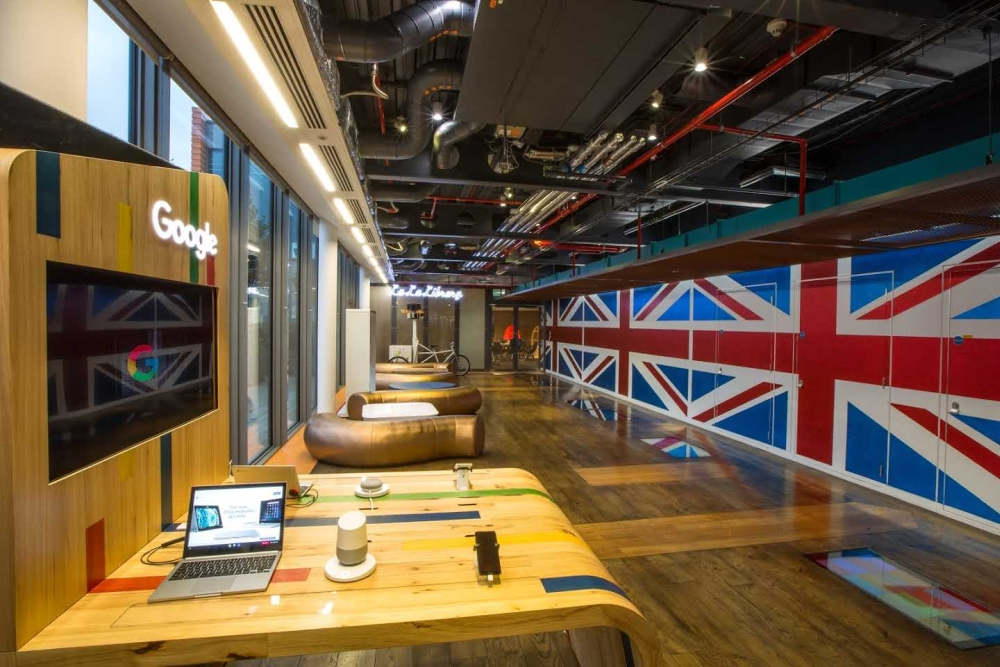Brand advertising is mainstream, not risky
You’re not alone in being nervous about brand advertising. As soon as somebody says it’s difficult to demonstrate an activity’s ROI (return on investment) you’ll inevitably start to wonder whether it’s worth doing.
Google’s latest financial performance shows that brand advertising is not the bleeding-edge, risky activity you may think it is. In fact, if you’re just thinking about starting it you could see yourself as a latecomer rather than as an innovative risk taker.
In the latest earnings call by Alphabet (Google’s parent company), the company reported that advertising spend increased from $37.9 billion to $46.2 billion between 2019 and 2020. YouTube accounted for 81% of 2020’s fourth-quarter sales.
By analysing what was being advertised, Google was able to note “a significant acceleration of brand spending on YouTube”.
SVP and chief business officer Philipp Schindler said “Marketers realised that even if there was a pullback in consumer demand in the short-term, they needed to keep their brands in front of people to stay top of minds when spending picks back up.”
Brand building is just as important for SMEs as it is for the big enterprises quoted by Alphabet and best practice sources. Our markets may be smaller than L’Oréal and Mercedes, but the principles of business success are the same.
We need to focus on the long-term brand building that will bring tomorrow’s customers to us as well as the short-term lead generation activities that attract today’s.
Your next steps
Yes, you need to start (or continue) your brand promotion campaign. And yes, it will cost money. But you can start with an incredibly low budget.
As an example, our first brand campaign started with local print advertising costing £65 per month and Google Ads at £120 per month.
- Use moderate targeting to keep to a sustainable budget. Consider a geographical area or an industry. Don’t be too precise about demographics, job titles or seniority. Remember that the goal of a brand promotion campaign is to increase general awareness of your brand so people think of you when they think of your product or service.
- Make sure your message suits your audience. If you’re targeting a geographical area, mention that area. If you’re targeting an industry, mention that industry.
- Avoid specifics about your products or services. Brand campaigns are aimed at people who aren’t in the market today. It’s wasting your time to try to sell to somebody who isn’t buying.
- Try to build an emotional connection. You want people to think you’re the kind of business they want to work with. If you’re chasing distinctiveness you’d be happy if people just recognised your logo but that only works if you’ve got a massive budget. SMEs want people to associate a brand attribute with their brand name.
If you want help with your brand promotion campaign, call us or send us an email. We’re surprisingly friendly.
Remember, Forbes Baxter Associates is a marketing development agency so we develop your in-house marketing skills while we help you grow your business.

